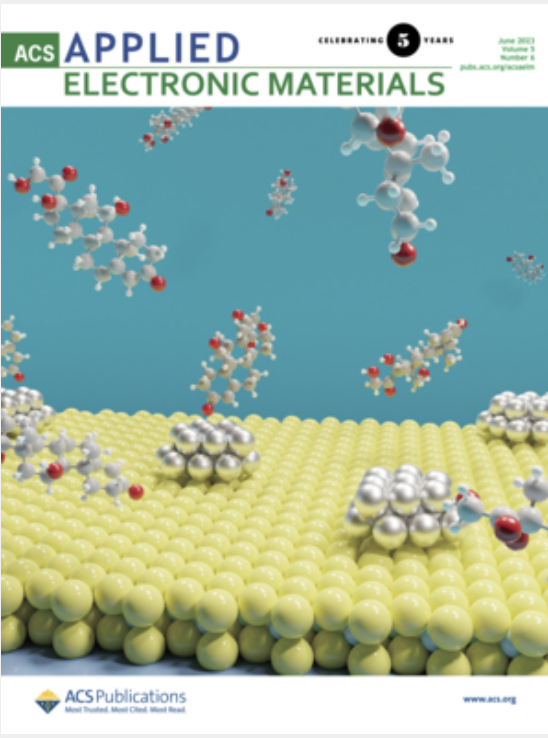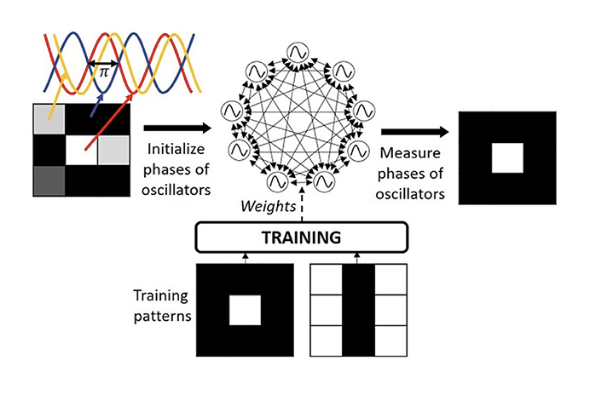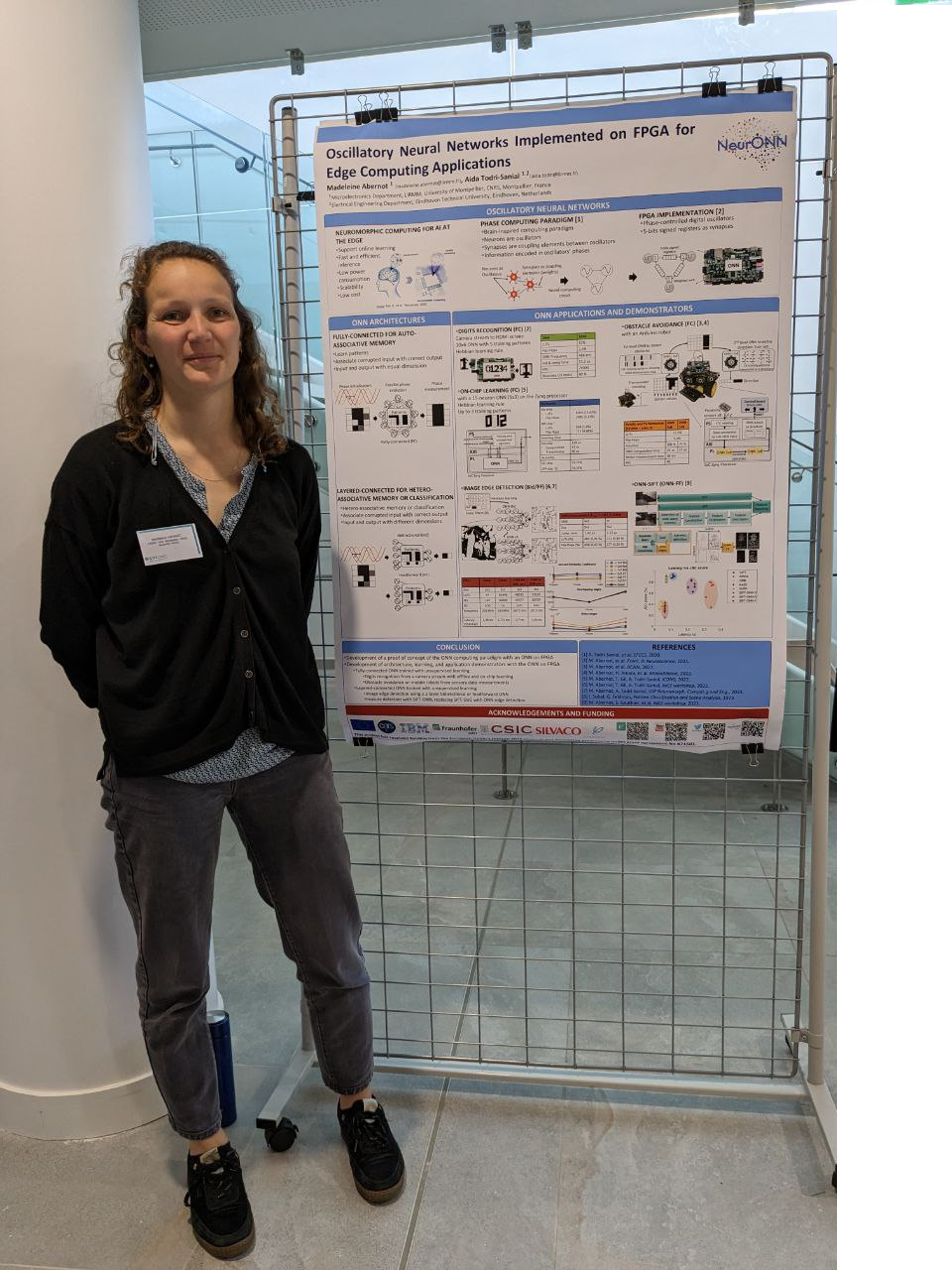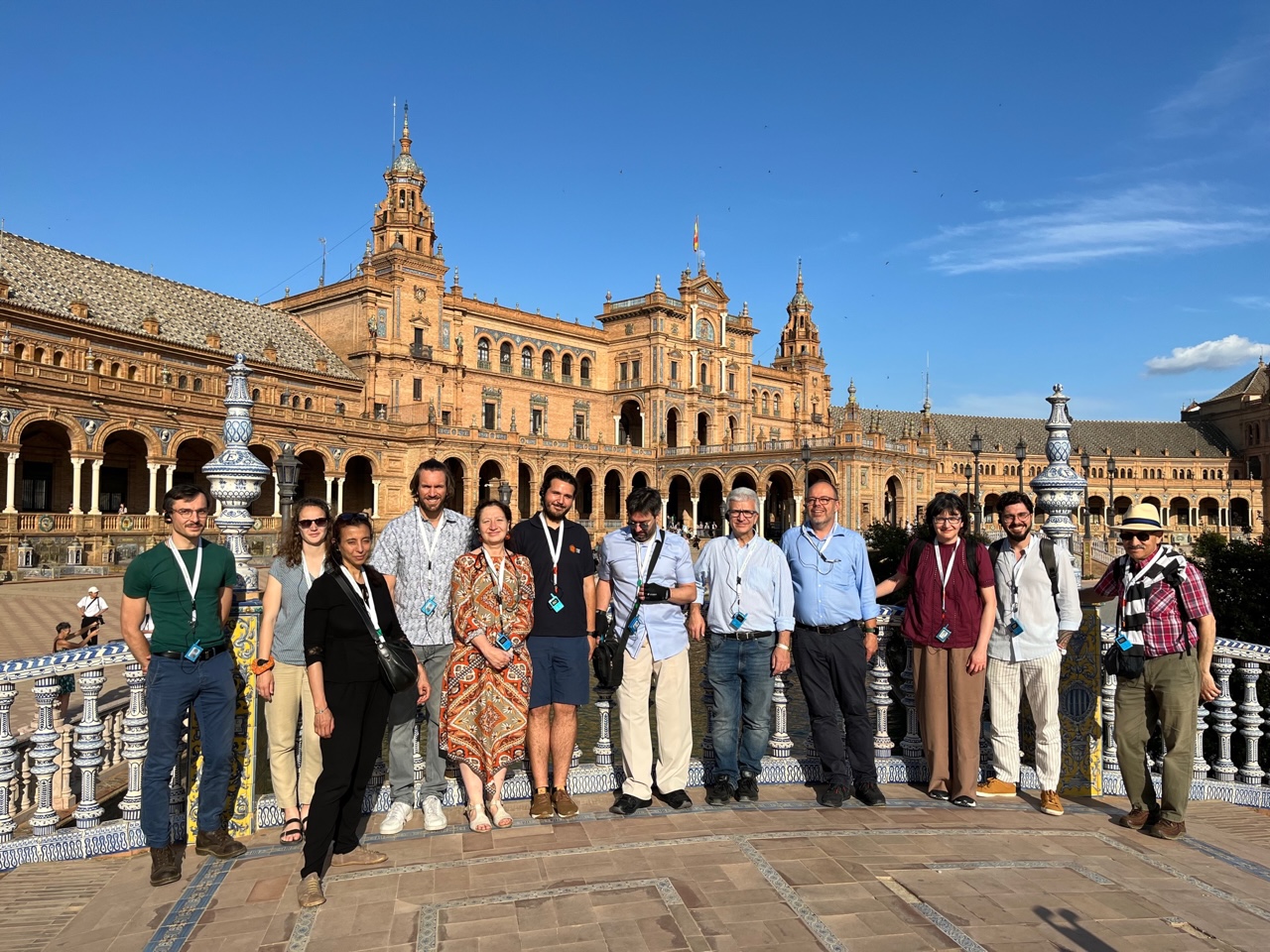In this month’s NeurONN Lecture Series, Dr. Aida Todri-Sanial hosted as the Invited Speaker, Prof. Nikhil Shukla, University of Virginia, USA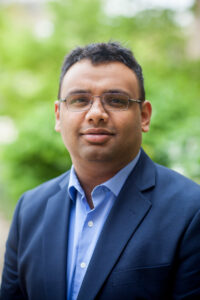 .
.
Designing Dynamical Systems to Accelerate Combinatorial Optimization
Abstract
Digital computing has enjoyed tremendous success and has become the backbone of the modern information revolution. However, the slowing down of one of its primary drivers, the Moore’s law, and the increasing application-driven necessity to compute problems that have been traditionally challenging to solve on digital machines, has created a convergent need to expand the boundaries of current computing platforms. Dynamical systems represent one such Non-von Neumann paradigm that is particularly promising for solving computationally intractable problems in combinatorial optimization.
In this presentation, I will first address the opportunities and the challenges of this computational paradigm. Against this backdrop, I will describe some of my lab’s recent experimental and theoretical results on implementing dynamical systems to solve hard combinatorial optimization problems on graphs and hypergraphs. Subsequently, I will discuss the lab’s ongoing efforts in exploring a framework for designing new dynamical system-based computational models. Finally, I will conclude by identifying some crucial performance metrics that would need to be achieved for such systems to become competitive computing platforms in the future, along with potential pathways to accomplish them.
Bio
Nikhil Shukla is currently an Assistant Professor at the University of Virginia with a joint appointment in the Department of Electrical & Computer Engineering, and the Department of Materials Science and Engineering. He also serves as the UVA deputy site director of the MIST (Multifunctional Integrated System Technology) center, an industry-university cooperative research center. Nikhil received his PhD from the University of Notre Dame in 2017. Nikhil’s research interests lie in the general area of the physics of computing, and he is presently interested in exploring opportunities for efficient computation through device-circuit-and computing model co-design. He has authored/co-authored over 70 journal and conference papers and his work on Phase transition FETs received the best paper award from IEEE TMSCS in 2017. He has also served on the technical program committee of the Design Automation Conference (DAC) since 2020.

